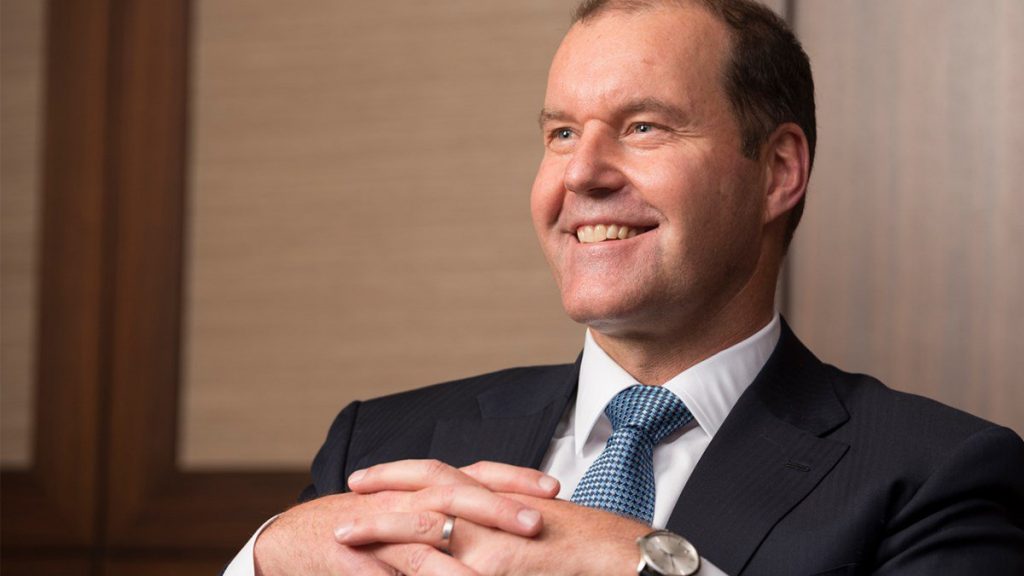Takeda Pharmaceutical’s planned £46 billion ($58.5 billion) acquisition of Shire will proceed toward completion early next year as planned following approvals today by shareholders of both companies.
Shire said today that 99.8% of its shareholders voted in favor of the blockbuster deal, while Takeda last night said “at least 88%” of its shareholders did likewise. The purchase of the Dublin-headquartered biotech giant by the Japanese pharma will create the world’s ninth-largest biopharma with combined sales of about $24.8 billion.

“We are delighted that our shareholders have given their strong support to our acquisition of Shire,” Takeda president and CEO Christophe Weber said in a statement. “With shareholder approval secured, we are looking forward to closing the acquisition in the coming weeks to create a more competitive, agile, highly profitable, and therefore more resilient company, poised to deliver highly innovative medicines and transformative care to patients around the world.”
The deal still requires sanctioning by the Royal Court of Jersey at a hearing expected to be held on January 3, 2019. Upon that approval, Takeda said, its purchase of Shire is expected to occur on January 8, 2019—just in time for the J.P. Morgan 37th Annual Healthcare Conference, where the combined company is expected to make its public debut.
Weber and Takeda overcame opposition from some members of its founding family and former executives, who have attempted to derail the transaction since June.
On Monday, founding family member and former senior Takeda official Kazuhisa Takeda told reporters during a press conference at the Foreign Correspondents’ Club of Japan in Tokyo that the financial risks were “too great” compared to the deal’s “quite limited” benefits, Japan’s Jiji Press reported.
Those risks, according to opponents, include a nearly eight-fold increase—$30.9 billion—in added debt and a lower earnings per share due to the issuance of new shares. That will raise Takeda’s net interest-bearing debt to ¥5.4 trillion ($47.7 billion), compared with about ¥690 billion (about $6.1 billion) in March before the deal surfaced.
Concerns about high debt have helped lower Takeda’s share price some 25% since the deal was announced, though that price inched up today 1%, to ¥4240 ($37.46), following shareholder approval. Shares of Shire rose 2.6% today, to £46.94 ($59.74).
Up to $10B in Selloffs
However, Takeda CFO Costa Saroukos said in an interview with Nikkei that his company could sell up to $10 billion worth of non-core assets—about double the $4 billion to $5 billion in assets eyed for potential sell-off, according to earlier news reports.
Takeda agreed to sell off Shire’s Phase III candidate SHP647, indicated for both Crohn’s disease and ulcerative colitis, to another company as a condition for approval of the deal by the European Commission on November 20. The EU raised public concerns because Takeda’s best-selling drug, Entyvio® (vedolizumab), is indicated for adults with moderate to severe ulcerative colitis or Crohn’s disease.
“This will preserve innovation in this market and, importantly, increase the choice of treatments for patients,” EU Commissioner Margrethe Vestager, responsible for competition policy, stated at the time.
Weber and supporters of the acquisition have asserted that a united Takeda-Shire will be better able to pursue R&D through greater spending, and be better able to compete with other biopharmas.
The boards of both companies came to terms on the deal in May—including plans to generate cost cuts or “synergies” expected to reach $1.4 billion a year by the end of the third fiscal year following completion of the acquisition. Takeda has approximately 30,000 employees in more than 70 countries; Shire, approximately 23,000 employees in more than 70 countries.
Takeda and Shire have also sought to justify the acquisition by saying the combined company would complement Takeda’s areas of therapeutic focus—namely oncology, gastroenterology, and neuroscience therapeutic areas plus vaccines—with Shire’s strengths in rare diseases and other areas.
Shire’s areas of therapeutic focus include neuroscience, hematology, immunology, internal medicine, and opthalmics—and until lately, oncology. Takeda’s offer excludes Shire’s oncology business—which Shire on April 16 agreed to sell to Servier for $2.4 billion, in a deal completed August 31.



